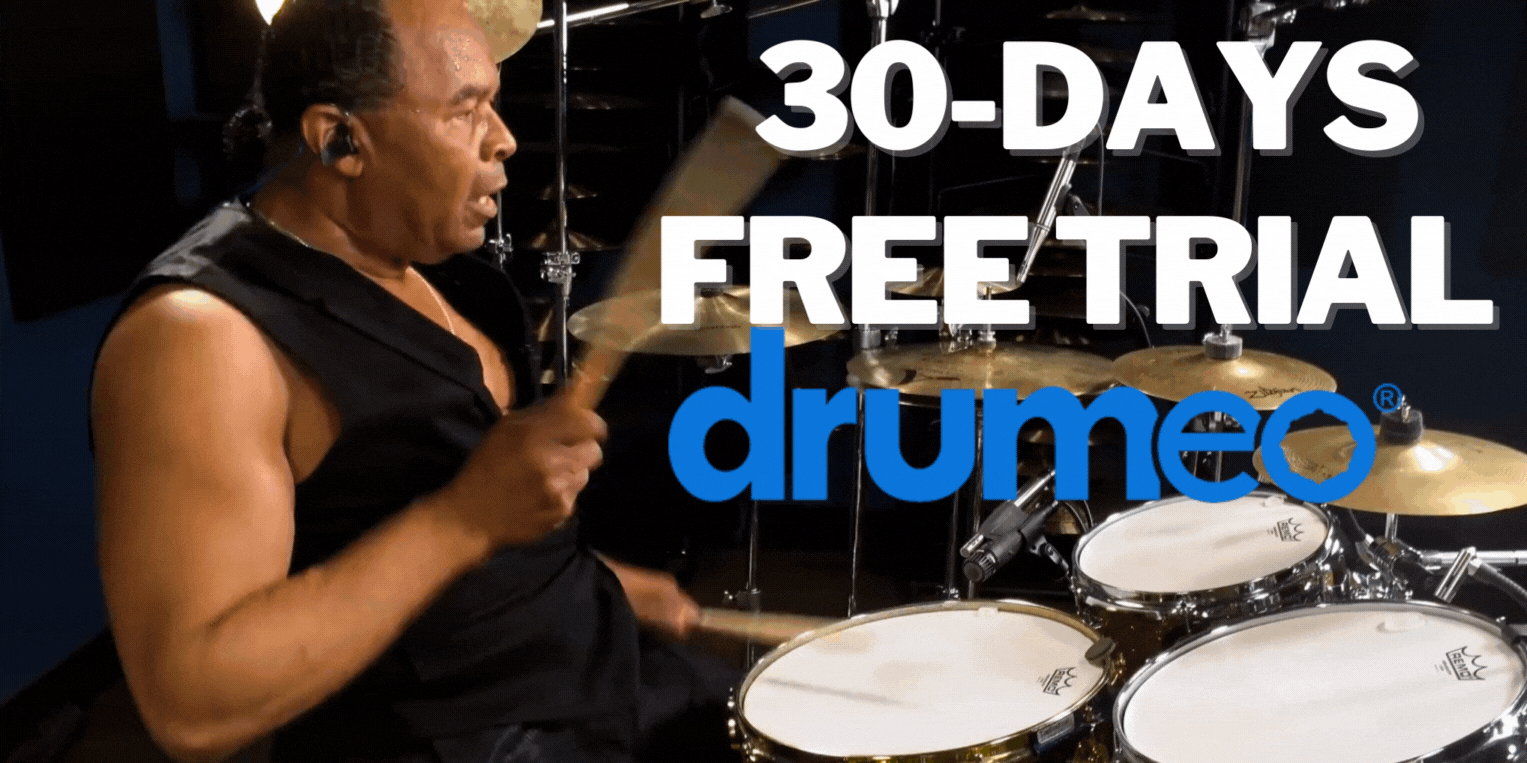One of the common questions beginner drummers ask is, “What size crash cymbal should I get?”
The best size for crash cymbals is between 16 and 18 inches.
The cymbal size will influence the overall sound of your drum set, so you should choose what fits you the most sound-wise.
Read on for some tips for choosing the crash cymbal size.
Are bigger cymbals better?
The size of the cymbal you get will depend on the type of music you play, how loud the sound needs to be, and how much control you want over it.
Generally speaking, smaller cymbals have lower volume but a faster attack and faster decay.
Larger cymbals may have a louder, lower, and warmer tone with a longer sustain. The crash cymbal sound should be clear and not muted to stand out among other instruments.
Thicker and heavier cymbals will have a lower pitch and denser sound. Thin cymbals will have a clear, bright, and full sound.
You should also pay attention to the “bell” or the center of your cymbals. A larger bell will be louder and project more sound.
What size should my secondary crash cymbal be?
Most people use a second crash cymbal to get the sound they lack with the first one.
That means your second cymbal should be different in size and thickness than the main one, so you can experiment with different sounds.
The sizes of the crash cymbals shouldn’t be too close together, or they won’t sound distinct from one another.
Make sure the sizes fit together in terms of tonal quality and pitch. For example, if your main ride is 20″, you don’t want a 16″ crash. An 18″ or 19″ might be better.
If you have more options, you can follow the melodic form of the song better.

How do you choose a crash cymbal?
There is one general rule for choosing a crash cymbal: Start with the size of the room you’re playing in.
For gigs, you will probably need at least two sizes of crash cymbals: one that is 16 to 18 inches and another between 18 and 20 inches. If your budget allows, you can always add other sizes, but these two are the most commonly used.
In a large space, you’ll want a larger cymbal that will ring out clearly and give you volume. In a small venue, you can get away with smaller sizes.
Beyond the size, there are many other considerations. The types of music you play obviously enter the equation as well.
For instance, jazz musicians often prefer thinner cymbals (with less weight) because they deliver more complex overtones that enhance their subtle sounds.
Metal players tend to go for heavier and/or larger crash cymbals because they need more volume and cut to be heard over the band.
Beginner drummers often start out with inexpensive crash cymbals, which are fine for practice but won’t last long under heavy use or deliver a full range of sound options.
As your skills improve, you may develop preferences that lead you to upgrade to professional-grade cymbals.
What is bigger: a crash or a ride?
If you are a beginner, it might be difficult to differentiate a crash from a ride cymbal at first.
They look so similar in appearance, but there are some differences. First of all, the ride cymbal is typically larger than the crash.
The ride is usually 20 inches in diameter, and the crash is mostly 16 to 18 inches. Also, the ride is usually thicker and heavier than a crash cymbal.
When struck, ride cymbals are not as loud as crash cymbals, but they have far longer-lasting overtones. Crash cymbals are designed to enhance the beat by being loud when struck and then fade quickly.
Conclusion
If the question “What size crash cymbal should I get?” pops up in your mind, we hope we have the answer.
To sum up: the type of sound you want from your crash cymbal will determine the size you’ll need. Most drummers choose cymbals between 16 and 18 inches in diameter.
Bigger cymbals have increased volume, slower response, and longer sustain. Smaller cymbals have lower volume, faster attack, and faster decay.
If you have the budget and space, you might consider having two crash cymbals to make it easier to blend with the drum kit. The choice is yours!
My name is Denis. I am a drummer, percussionist, music enthusiast, and blogger. Drums have been my passion for 15 years now. My idea is to write about the things I like and I am interested in. I want to share my drum passion with fellow musicians who walk, talk, and breathe drums.








